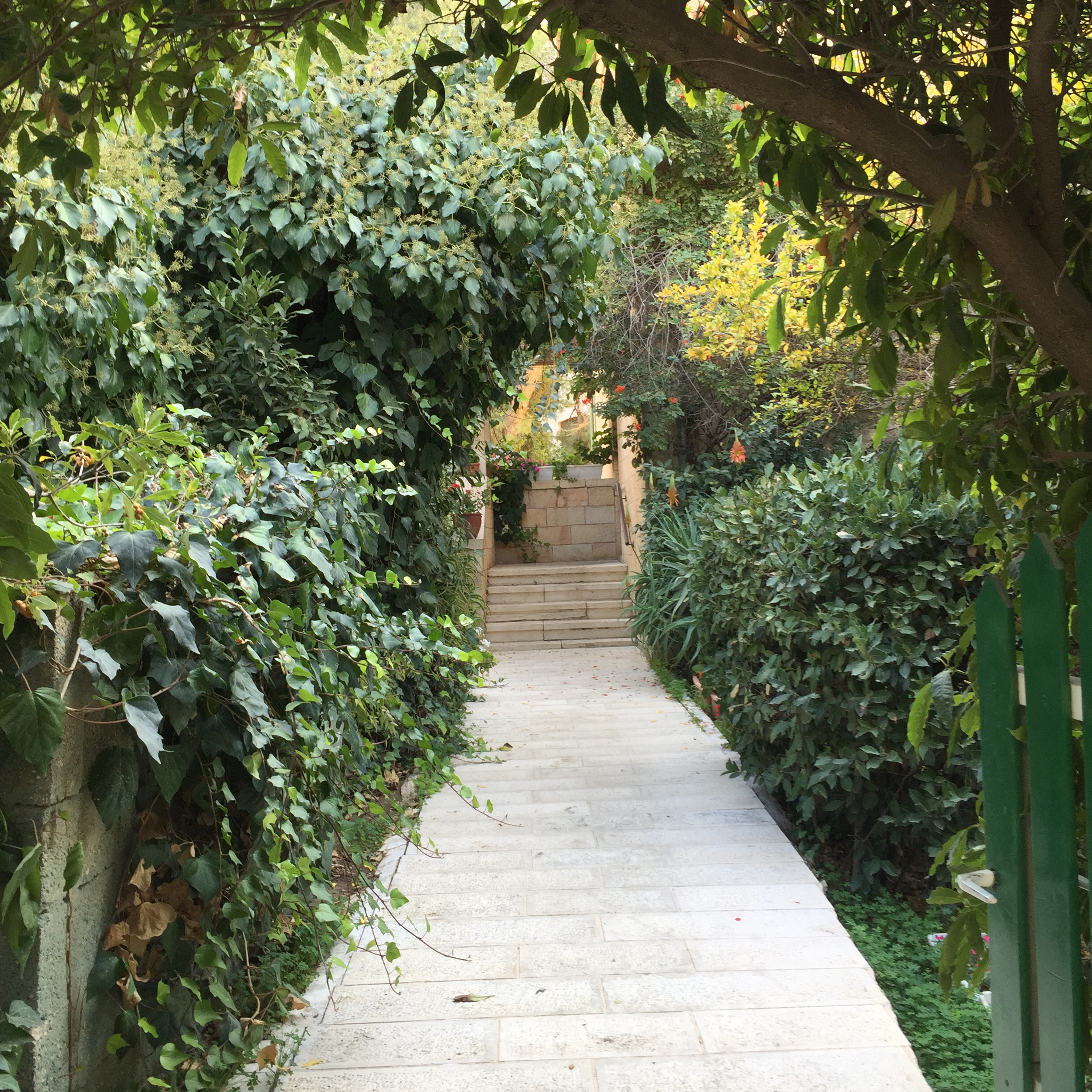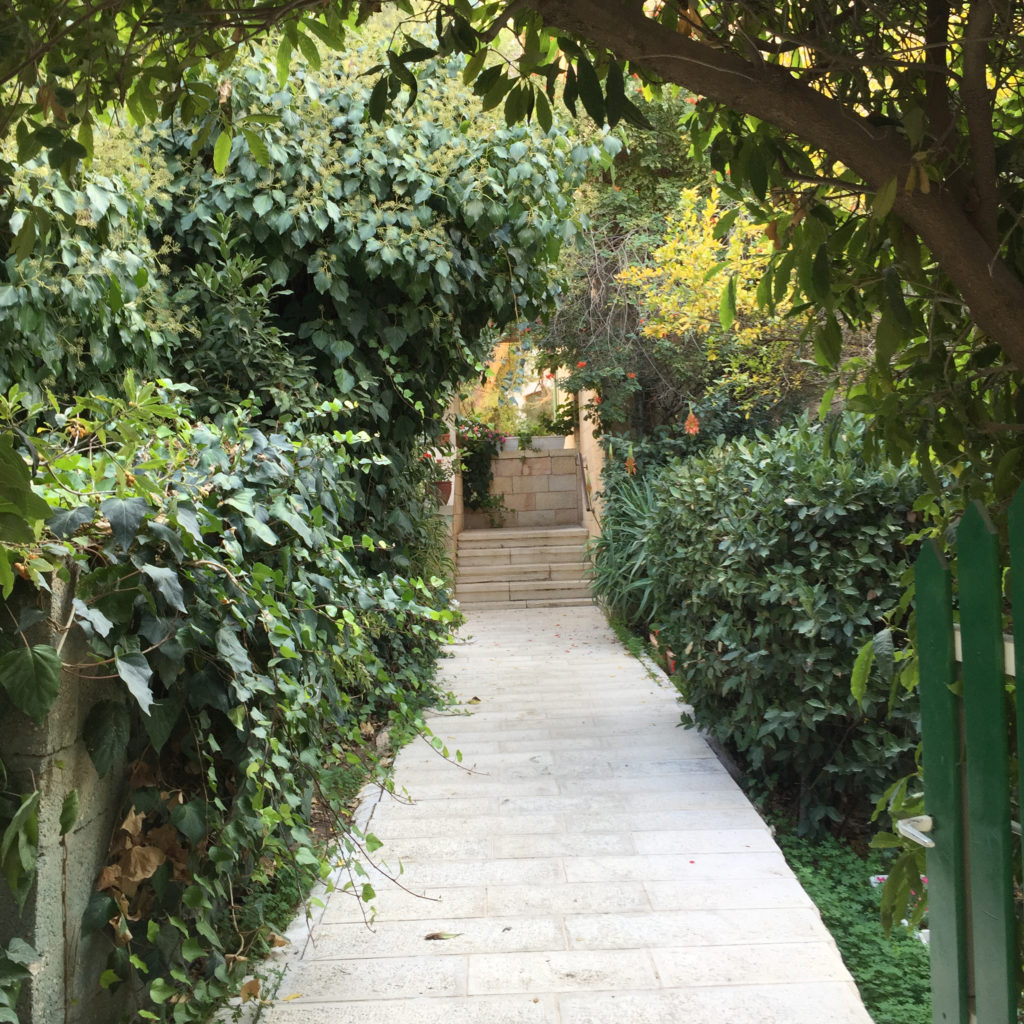
09 Nov 2017 Chayei Sara: Everlasting Gifts
 In this week’s parsha, Parshas Chayei Sara, the life of Sarah Imainu comes to a close at the age of 127 years. After purchasing the plot, and burying Sara in the Me’aras Ha’Machpela, Avraham begins the search for the next matriarch, the one who would become the wife of Yitzchak. He entrusts his faithful steward with the mission of finding the girl who would fill Sarah’s tent, and grace our people, with her kindness and holiness.
In this week’s parsha, Parshas Chayei Sara, the life of Sarah Imainu comes to a close at the age of 127 years. After purchasing the plot, and burying Sara in the Me’aras Ha’Machpela, Avraham begins the search for the next matriarch, the one who would become the wife of Yitzchak. He entrusts his faithful steward with the mission of finding the girl who would fill Sarah’s tent, and grace our people, with her kindness and holiness.
When the servant (the Sages tell us that it was Eliezer) meets the Rivka by the well, and she offers him and his camels water to drink, and tells him there is a place her father’s home for him to lodge, he knows that she is the one. He proceeds to present Rivka with gifts, as the verse tells us:
וַיְהִי, כַּאֲשֶׁר כִּלּוּ הַגְּמַלִּים לִשְׁתּוֹת, וַיִּקַּח הָאִישׁ נֶזֶם זָהָב, בֶּקַע מִשְׁקָלוֹ–וּשְׁנֵי צְמִידִים עַל-יָדֶיהָ עֲשָׂרָה זָהָב מִשְׁקָלָם – And it was, when the camels finished drinking, and the man took a golden nose ring, weighing half a shekel, and two bracelets on her hands, weighing ten gold shekels (Bereishis 24:22).
Rashi comments: A half a shekel – this alludes to the half shekel per head that the people would bring to the Beis Ha’Mikdash. Two bracelets – this alludes to the two luchos (Tablets of Testimony) that were joined. Ten shekels their weight – this alludes to the Aseres Ha’Dibros that were written (on the luchos).
R’ Pam zt’l explains the significance of these gifts, “After Rivka had generously given Eliezer water to drink and then watered all his camels, he gave her the gifts. (In regard to these gifts,) the Chassam Sofer explains that the main criteria of Eliezer’s search for a wife for Yitzchak was that the prospective bride have middas chessed (the attribute of loving kindness).
“By giving Rivka these gifts, Eliezer was symbolizing that a Jewish home must be built on three pillars: Torah, avodah (Divine service) and gemilus chassadim.
“The pillar of Torah is represented by the bracelets, which symbolized the luchos. The pillar of avodah is represented by the half shekel which paid for the daily communal sacrifices in the Beis Ha’Mikdash. And the attribute of chessed was what Rivka excelled in. These three elements are what the Jewish home (and Jewish nation) is built upon.
“This point is further emphasized when וַיְבִאֶ֣הָ יִצְחָ֗ק הָאֹ֙הֱלָה֙ שָׂרָ֣ה אִמּ֔וֹ – And Yitzchak brought her into the tent of Sarah his mother (Bereishis 24:67). Rashi (ibid) says that as long as Sarah was alive, a lamp burned from erev Shabbos to erev Shabbos; there was a blessing found in her dough; and a Divine cloud hung over the tent. When Sarah died these blessings stopped, but when Rivka came to the tent they returned.
“These miracles are also symbolic of the three pillars cited earlier. The continuously burning lamp represents the light of Torah. The Heavenly cloud alludes to the pillar of Divine service, as a similar cloud hovered over the Mishkan (Tabernacle). The blessing in the dough symbolized acts of chessed and tzedaka, which are the conduits that bring great blessing into the home.
“When Yitzchak saw these blessings return, וַיִּקַּ֧ח אֶת־רִבְקָ֛ה וַתְּהִי־ל֥וֹ לְאִשָּׁ֖ה וַיֶּאֱהָבֶ֑הָ – And he took Rivka, and she was to him a wife, and he loved her (ibid). The love came because of the spiritual attributes she possessed.” (A Vort from R’ Pam, Artscroll, p.50-51)
Our nation was built on these pillars – and is upheld in the merits of our continued efforts in these three areas.
As her door and home, fridge and kitchen were open to all, and “Because the Rebbetzin (Kanievsky a’h) did not want to reach the point where there would be no food left for Rav Chaim, she allowed one – and only one – container to be labeled as ‘reserved.’ A few times the grandchildren affixed a sticker that said, ‘Please don’t take.’ The Rebbetzin removed those stickers and said that she didn’t like the wording, as everything in her refrigerator was intended for everyone.
“A certain poor older woman, ‘Mrs. Scheiner’, frequently came to Rebbetzin Kanievsky, and the Rebbetzin would serve her a delicious hot meal. Mrs. Scheiner always insisted on paying for the meal, and her payment did not usually exceed ten shekels. When Mrs. Scheiner was leaving, the Rebbetzin would hand her an envelope containing one hundred shekels. The woman would insist that she didn’t need the charity – to which the Rebbetzin convincingly replied that ‘someone requested that she give Mrs. Scheiner the envelope.’
“Three weeks before the Rebbetzin’s passing, a visitor from America noticed a tray of cookies in her kitchen (which was so tiny that the fridge was in her bedroom!). He asked if he could have one cookie to take home to his wife in America, who would be delighted to have a cookie from the Rebbetzin.
“She immediately stood up, went into the kitchen, and emptied an entire plate of cookies into a bag, which she gave to the astonished visitor. She then said, ‘Since it is Rosh HaShana next week, I’m sure your wife would also appreciate a honey cake!’ and proceeded to hand him one or her homemade loaves.” (Rebbetzin Kanievsky, Artscroll, p.316-317)
While bracelets and rings come and go, the weight of Torah, mitzvos and chessed is eternal. And when Rivka proved herself devoted to these holy ideals, indeed, she was the one who would ensure the growth, and continuity, of Knesses Yisrael.
בברכת בשורות טובות ושבת שלום,
Michal



Esther Lasky
Posted at 08:20h, 09 NovemberThis is a beautiful דבר תורה. The middos that are so eloquently described are attributes we can aspire to.
Thank you and good shabbos. Esther Lasky